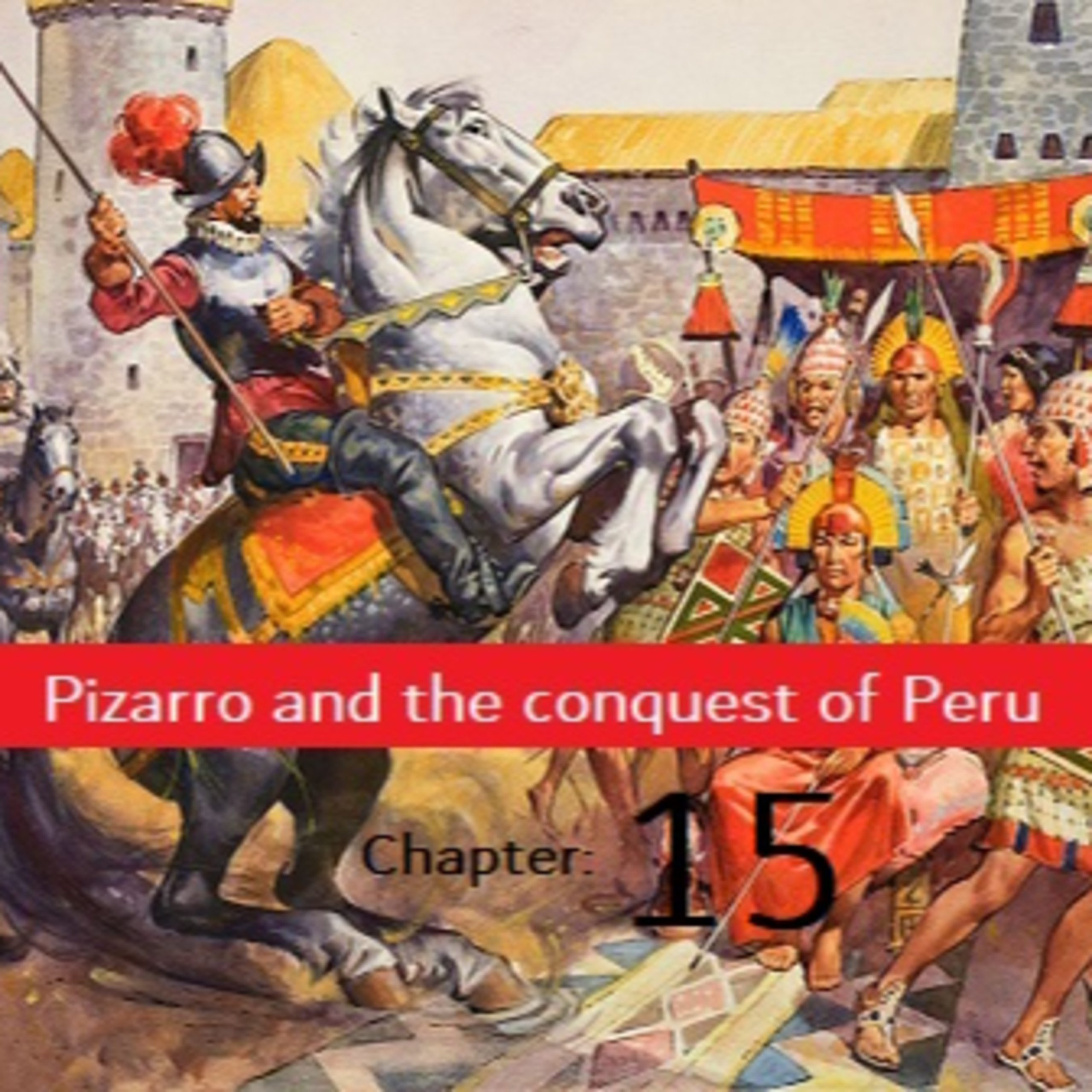
History: Pizarro and the conquest of Peru
By: Frederick A. Ober
Chapter 15
IN THE CITY OP THE SUN 1533-1534
LEAVING the treasure he had collected -/with a guard of forty men in Xauxa, Pizarro continued his march into the beautiful vale of Xaquixaguana (Ha-kee-ha-gudna), which, for its great natural charms, had been selected by many Peruvian nobles as a retreat, and where they had built attractive villas in the midst of delectable gardens. Here he was met one day by a young Peruvian, who promised to establish that control over the natives which had been lost when Atahuallpa was executed. He was the one, indeed, in whom was vested the only right to the succession, for it was none other than Prince Manco Capac, a brother of the murdered Huascar, and legitimate son of the great Huayna Capac.
Then Pizarro rejoiced that fate had been so kind to him, in causing the deaths of Atahuallpa and Toparca, for thereby he was relieved of what, in the circumstances, might have been embarrassing burdens. For there was no doubt that the Indian prince, who came to him with a large retinue of nobles and escorted by a ntunerous army, was the only legitimate heir to the Incarial throne. He was a yoimg man of engaging appearance, and blessed with intelligence far surpassing that of Atahuallpa—an intelligence, :jj i in truth, which was to cause the Spaniards trouble. It had been one of the charges against Atahuallpa that he had put all his relatives, descendants of the Incas, to death, not even stopping short of the most distant connections of the royal family; but the living presence of Prince Manco was in itself a refutation of that charge.
Pizarro was delighted at the change wrought in the aspect of political affairs, and at once ranged the young Inca and his force beneath his banners. He assured him that his only mission in Peru was the punishment of his and the late Huascar’s enemies, and to reduce the country to subjection under its lawful sovereign. To this end he had landed on its shores; in pursuance of this aim he had first captured, then, on proof of treason, condemned the Inca Atahuallpa, and, finally, he was then ready to assist Prince Manco with all the strength of his forces. This assertion, though the prince must have known it to be false, was borne out on the face of it, and made to appear true to the people by the combining of the two commands. Together they marched along, the soldiers and the Indians fraternizing like real brothers, and together they repelled an assault by a body of armed natives, who ambushed them in a defile of the mountains.
Emerging from the gloomy recesses of the sierras one afternoon, the Spaniards saw the city of Cuzco lying before them, its white towers gleaming in the slant rays of a setting sun. Then they knew their long journey was nearing its end, and that within their sight were the depositories of treasure which they had long desired to pillage. They could not reach it that night, however, and a camp was pitched in the valley outside the city walls. Strict watch was kept, for, notwithstanding the invaders had with them the only lawful claimant to the throne of the Incas, they knew that dissension and strife were rife in the land.

